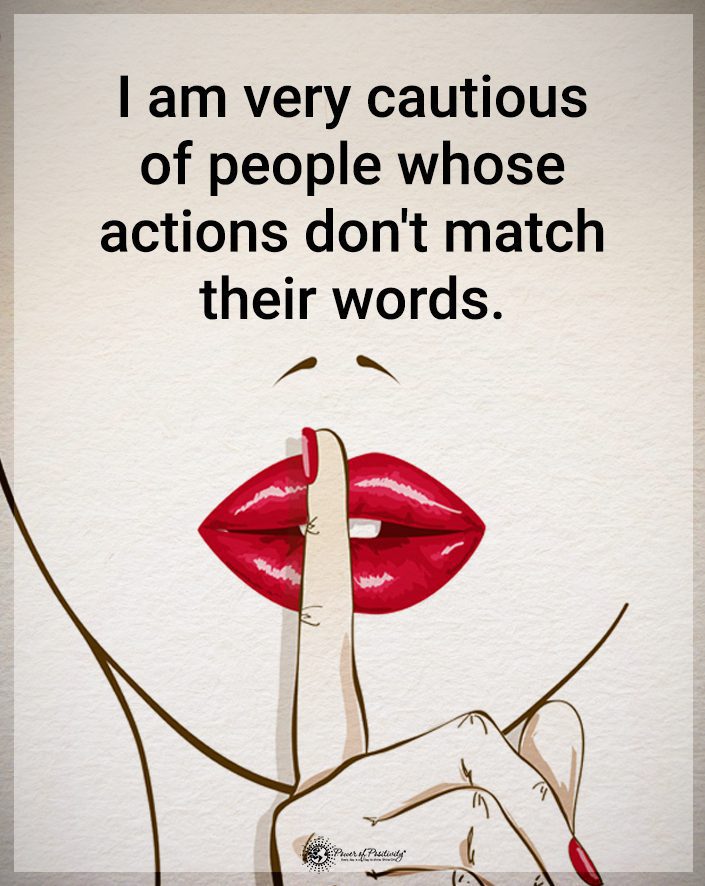No matter how hard you try to function as a perfectly reasonable and stable human, you are bound to express certain toxic behaviors. And that doesn’t make you a bad person. It’s just that emotions govern people, and it can be hard to be rational. Especially when it comes to romantic relationships, which are arguably the connections that require the most emotional effort.
Not to mention that people are never taught how to have healthy relationships. The divorce rate is the highest it’s ever been, meaning most people come from broken homes. So, they have probably never had an example of how a relationship should look like. Even if your parents had a great relationship, it’s not like anyone gave you a crash course on dating.
When you eventually enter a relationship, you are bound to make mistakes. Maybe you and your partner are both great people. But that doesn’t mean you won’t sometimes bring out the worst in each other. Besides that, the world is individualistic. And it’s good to have your best interests in mind when it comes to career and things like that. But in a relationship, you also need to consider your partner’s needs and wants.
Still, that’s sometimes easier said than done. So, most toxic behaviors in relationships are tied to that in one way or another. Plus, it can be hard enough to process your own emotions. Understanding and considering someone else’s feelings can be almost impossible, given that people aren’t even taught how to take care of their own.
But if you display any of these behaviors, don’t panic. Your relationship is not doomed, nor are you a bad person for making mistakes. You need to understand what these toxic behaviors are so you can stop using them.
Four Toxic Behaviors That Ruin Relationships
1. Criticism
Criticism can be a hard thing to get right. People don’t know how to phrase their suggestions in a way that helps others. But that’s not the only issue. In relationships, it’s not just how you express your criticism that creates problems between the partners. It’s that criticism is often used as a way to belittle others or to show your superiority over them.
You might hard it find to believe it, but it’s something that happens way more than you might think. And it’s a tactic that you have likely engaged in. This toxic behavior doesn’t have to come from malice. It’s simply a bad defense mechanism. When a couple fights, it can quickly turn into a power struggle. Which is why you might feel the need to prove your superiority. If you succeed, you can technically “win” the fight.
Winning Is Satisfying
Even though there are no winners in such fights, most people seem to believe differently. And they get satisfaction from proving their partner wrong. That’s when destructive criticism is used as a means to an end. But, a situation that’s even more common is where one partner is held accountable for something they did. The mistake many people make is that they start spewing criticism to take the heat of their own mistake and spin it on their partner.
Not to mention that sometimes, people throw around criticisms just for the sake of it. So, if you struggle with something like this in a relationship, you must make some changes. No matter how much instant gratification this behavior might bring you at that moment, it will just ruin your relationship. You don’t need to stop voicing pertinent criticisms.
But you need to learn how to make it constructive. Don’t just throw around all your issues with your partner and storm off afterward. Instead, explain why you have a certain issue and talk it through. You have to discuss the issue and allow your partner to present their perspective so you can reach a solution.
2. Defensiveness
When it comes to toxic behaviors, defensiveness might be the most common. But it’s also the hardest to spot. Most people don’t understand why this harms a relationship. You must realize that being defensive can impede healthy communication between you and your partner.
When you can’t properly communicate, you can’t solve your issues. These issues will eventually build up, and it’ll be too late to solve them. It’s a natural emotional response to get defensive. But just because it’s natural doesn’t mean it’s good. Defensiveness often happens when people fight. In the heat of the moment, logic seems to be thrown out the window. Instead, there’s a high likelihood you’ll feel cornered and like you need to defend your position.
Also, people sometimes find it hard to take accountability for their actions. Instead of understanding that taking responsibility is the best step, they just feel like it’ll somehow come back to bite them. This toxic behavior often stems from childhood trauma. As you know, most kids aren’t taught how to take accountability and fix mistakes. Instead, they get punished if they have even the slightest slip-up.
So, this kind of behavior often affects all the relationships they will have as adults. So, if you get too defensive, you need to share this issue with your partner to work out why this happens. Maybe it’s because of trauma or because you don’t know how to be accountable for your actions. But you can work through these issues with your partner’s help.
3. Stonewalling
As you’ve probably picked up by now, most toxic behaviors stem from childhood trauma. And this is often the case with stonewalling. You might not be familiar with the term, but you have undoubtedly experienced the behavior. Stonewalling is one’s refusal to communicate or express emotions. But, again, this is often done as a response to a fight.
And it happens because most people weren’t encouraged to communicate as kids. They would get chastised for doing something and be told to go to their room as a punishment. Or, they would be ignored when they tried to talk to their parents about something. So, it seemed like a better idea for many kids to give their parents the silent treatment.
Or maybe they were given it. All these things eventually led to the kid developing the habit of stonewalling others. When you stonewall your partner, not only do you not solve the issue you were arguing about, but you also shut them out. You make them feel like you don’t care enough to let them in.
Plus, no one wants to spend hours and hours trying to convince someone to talk about what they think and feel. It can be frustrating not knowing what your partner thinks after a fight. So, this behavior is likely to affect the relationship so badly that it can end it.
Introspecting is Key
If this is something you do, you first need to introspect and understand your own emotions. Many people don’t share because they can’t process their feelings. It’s okay to take some time to think, but don’t completely shut your partner out. And don’t use stonewalling to get back at your partner.
The fights you have also affect them, and they deserve the opportunity to have a normal conversation with you so that you can fix things. Plus, they also have things they want to share with you. Remember that communicating is crucial because that’s the only way to understand what the other is going through. And a healthy relationship is one in which you take into account your partner’s feelings and needs, and they do the same for you.
4. Contempt
You might find it hard to believe anyone could feel contempt towards their partner. After all, they are supposedly the person you love the most. But everyone goes through rough patches in relationships and can sometimes feel negative emotions towards their partner. And contempt is one of the emotions that most often becomes toxic. This one might be the most dangerous when it comes to toxic behaviors because it can even lead to you hating your partner.
On the surface, contempt comes from a feeling of superiority. But the real reason people develop this behavior is that, deep down, they feel unappreciated. They might also believe their feelings and needs aren’t acknowledged by their partner. Often, people don’t realize they are developing all these negative feelings.
That makes it so that they don’t even notice how it affects their interactions with their partner. Contempt doesn’t only have to be verbal, though sarcastic comments that mock the other are common. It can also take a non-verbal form through chuckles, eye rolls, and mocking facial expressions. These non-verbal cues are things that people don’t even realize they are doing unless someone points them out.
Dr. John Gottman, who researched all four toxic behaviors, states that contempt is arguably the behavior that affects a relationship the most. If these negative feelings are left unaddressed, there might be no going back for a couple. So, to avoid destroying your relationship because of contempt, you should let your partner know that you feel your needs aren’t respected. And you should work towards voicing your negative feelings rather than bottling them and acting like you’re superior.
Final Thoughts on Four Toxic Behaviours That Ruin Relationships
As these toxic behaviors are sometimes called, the four horsemen of the apocalypse pose one of the most dangerous threats to a relationship. And the people who engage in these behaviors often don’t even realize what they are doing. So, if you notice that your relationship is unstable, it might be because of one or more of these behaviors.
Criticism, defensiveness, stonewalling, and contempt are the four toxic behaviors you need to look out for. They often stem from one’s insecurities and a lack of healthy communication in a relationship. While you need to address each behavior differently, one thing is sure. You and your partner need to work as a team to overcome the damage they have done to your relationship.

















 Community
Community

